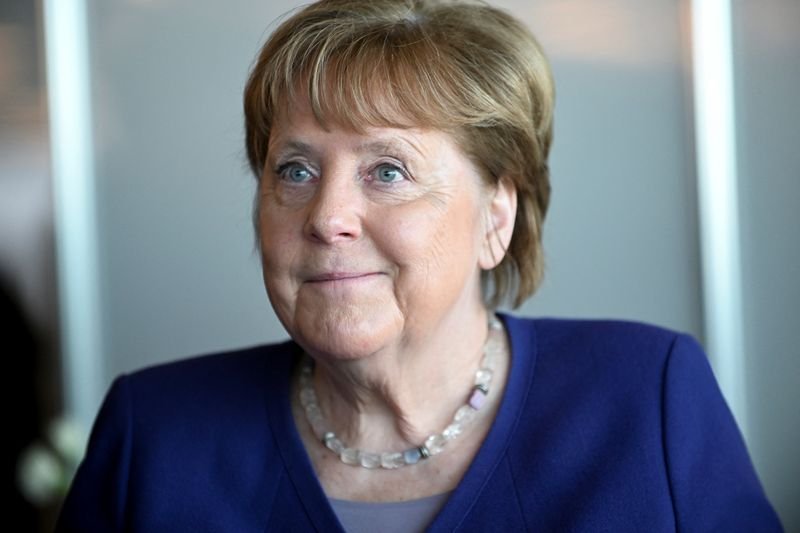British SMEs split over health of UK economy
Published by Gbaf News
Posted on April 12, 2013
5 min readLast updated: January 22, 2026

Published by Gbaf News
Posted on April 12, 2013
5 min readLast updated: January 22, 2026

London, UK, 9 April 2013. Britain’s small and medium sized importers and exporters are divided in their opinion over the health of the UK economy with worries about currency volatility and the Eurozone affecting SME confidence according to the latest data from the Western Union Business Solutions International Trade Monitor (ITM) which surveys over 660 UK SMEs, produced by TNS, an independent market research company.
Views on the health of the UK economy appear to be split with 54 per cent of SMEs stating they have confidence in it and 45 per cent indicating they do not. Confidence in the global economy is more positive, with 65 per cent indicating they were confident in international trade conditions compared to 34 per cent indicating otherwise.
Jonathan Rees, UK regional divisional director, Western Union Business Solutions, said: “The split between small businesses’ views on the health of the UK economy suggests that while some SMEs are doing well and recovering, others are struggling in the face of cheaper international competition, decreasing sales and increasing production costs.”
Worries about currency volatility have hit an all-time high, with 61 per cent of SMEs concerned by foreign exchange fluctuation compared to 49 per cent in the final quarter of 2012. This increase has seen currency fluctuation shoot up to third place from sixth among issues most concerning SMEs, trailing the health of the economy (79 per cent) and cheaper competition (64 per cent).
Since the start of 2013, sterling has been volatile against both the US dollar and the euro, fluctuating by 8.3 per cent[1] and 7.4 per cent[2], respectively, impacting SME cash flow and buying power. 32 per cent of SMEs indicated they were being negatively affected by currency movements, an increase of 12 percentage points over Q4 2012.
Additionally, 83 per cent of SMEs see no light at the end of the tunnel for the Eurozone crisis and believe the situation will stay the same or get worse in the next 12 months. Amongst other key concerns is an emerging worry over Government austerity measures, with the percentage of SMEs concerned about them more than doubling in the past year and now standing at 45 per cent.
Rees continued: “British SMEs are right to be concerned over currency volatility. While a weaker pound could help exporters, it will also have an impact on production and import costs.”
“The majority of exporters we spoke to also import, which means more must be done to help SMEs manage their international cash flow and ensure that potential gains made by a weaker pound are not offset by equal or greater losses.”
Rise in exports to emerging markets and trade with Europe remain steady
Despite a lack of optimism in the Eurozone crisis ending, the majority of SMEs (76 per cent) agree that the UK should stay in the EU. Europe remains the largest buyer of British goods; small business exporters with customers on the Continent remained steady at 79 per cent. SMEs with customers in North America and Australia fell by 6 per cent and 9 per cent respectively.
Exports to emerging economies, however, maintained momentum this quarter, indicating that the dramatic increase seen at the end of 2012 was not a one-time occurrence.
SMEs are finding new customers in emerging economies with a particular focus on those in China (15 per cent), India (14 per cent) and other Asian countries (28 per cent). SMEs are also finding trade opportunities with Brazil (9 per cent), Russia (10 per cent) and to countries in Africa (18 per cent).
In addition, 42 per cent of SMEs who do currently trade with emerging markets expect their cross-border trade with them to expand in the next 6-12 months, whilst nearly one third (29 per cent) of those who do not are looking to expand their business to include them – the highest number on record.
Rees concluded: “We saw a dramatic rise in exports in the last quarter of 2012 and it is good to see those numbers have remained steady, especially ahead of tomorrow’s figures about the balance of trade. We believe this is a positive sign that UK SMEs are diversifying their businesses and international trade partners to guard against weak domestic consumption as well as continued economic uncertainty in the Eurozone, which has risen again on the back of the situation in Cyprus.”
“SMEs are either forging international relationships themselves or using Government services to reach new markets. Wise SMEs are looking at the wider global outlook as they see little hope for the Eurozone crisis to deflate over the coming year.”
Explore more articles in the Top Stories category











